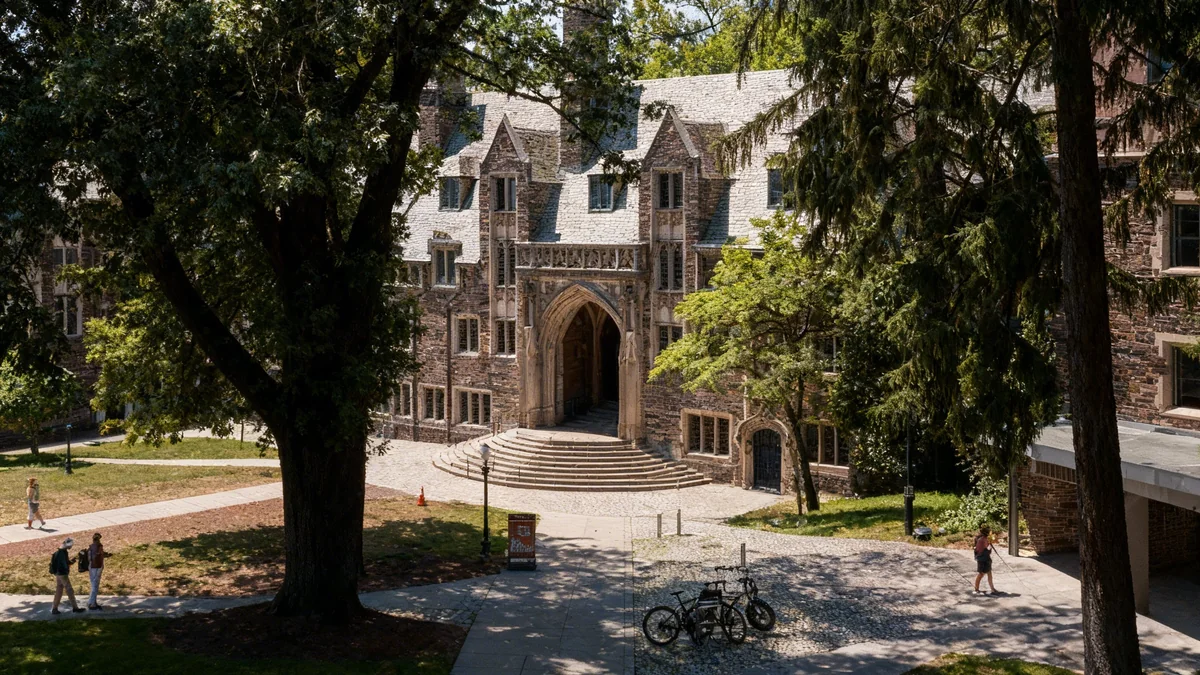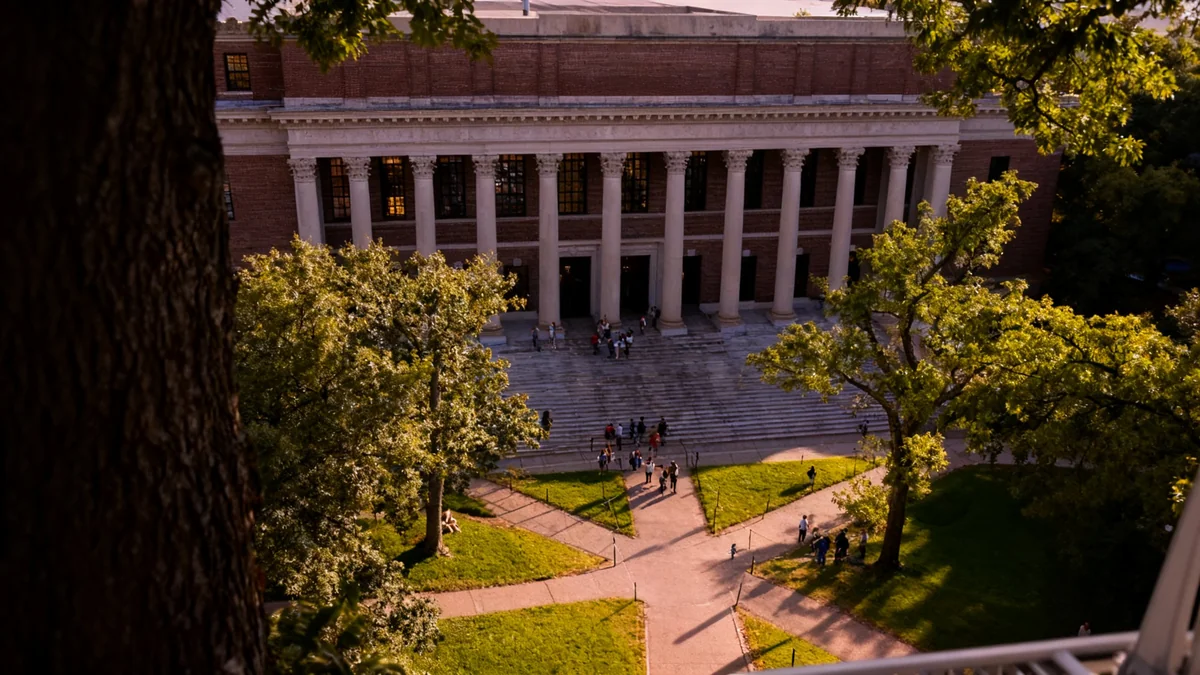A West Virginia judge has dismissed a lawsuit that challenged a $5 million grant awarded to the College of St. Joseph the Worker, a religious institution based in Steubenville, Ohio. The ruling allows the West Virginia Water Development Authority to release the funds, provided they are used exclusively for non-religious public benefit projects.
Key Takeaways
- A Kanawha Circuit Court judge dismissed a lawsuit challenging a $5 million grant to an Ohio-based religious college.
- The dismissal was made "with prejudice," preventing the same lawsuit from being filed again.
- The court stipulated that the funds must be used for non-religious purposes that benefit the public.
- The college revised its funding request to focus on infrastructure, construction, and site development, excluding religious education expenses.
- Civil liberties groups that opposed the grant remain critical of the decision to fund an out-of-state religious institution.
Court Ruling Ends Legal Challenge
Kanawha Circuit Judge Richard Lindsey issued a ruling that brings an end to a months-long legal dispute over the allocation of state funds. The lawsuit, which sought to block the $5 million grant, was dismissed with prejudice, a legal term meaning the case is permanently closed and cannot be brought back to the same court.
The core of the judge's decision allows the grant to proceed under strict conditions. According to the ruling, the funds can be given to the College of St. Joseph the Worker as long as the money is "used for non-religious purposes and is a benefit available to the public."
This condition addresses the central constitutional issue raised by opponents of the grant, who argued that using public money for a religious institution violated the separation of church and state.
Background of the Grant
The $5 million grant was made possible through a bill written by Delegate Pat McGeehan on behalf of the West Virginia Water Development Authority (WVWDA). The funding was intended to support the college's development, but its allocation to an out-of-state religious school quickly drew legal challenges from organizations like the ACLU of West Virginia and the American Humanist Association.
College Adjusts Invoice to Comply
Following the legal challenge, the College of St. Joseph the Worker took steps to align its request with potential court requirements. Court documents show the college resubmitted its invoice to the WVWDA with specific, secular line items.
The revised invoice detailed that the $5 million would be used for:
- Real estate acquisition
- Site development
- Construction
- Infrastructure improvements
- Supplies
Notably, the updated request explicitly excluded any mention of religious education or activities. This change was crucial in demonstrating that the public funds would be directed toward tangible, non-sectarian projects.
Jacob Imam, President of the College of St. Joseph the Worker, emphasized the practical nature of the funded work. He stated that the college focuses on training students in essential trades.
"There's nothing really ideological about plumbing. There's nothing ideological about HVAC. Those are things we all need. That is what we're training our students into, and this is just a win for sanity, I think."
Reactions from Supporters and Opponents
Supporters of the grant celebrated the court's decision as a victory for regional development and constitutional fairness. President Imam described the outcome as a positive step for the entire area.
"This is a win for the Ohio Valley. This is a win for West Virginia. This is a win for building something beautiful again in a town that needs help."
Delegate Pat McGeehan, the legislator behind the grant's authorization, argued that the decision upholds the law. He suggested that denying the grant based on the college's religious affiliation would have been discriminatory.
"I knew it was constitutional. To say otherwise would actually be breaking the law by discrimination, by saying all nonprofits are eligible for these grants except for nonprofits that happen to be Christian."
McGeehan added, "If this nonprofit was, say, an atheist group or a Muslim group, you never would have heard anything about it."
Project Moves Forward in West Virginia
Even before the final ruling, the college began establishing a presence in the region. It has officially set up a construction branch in Weirton, West Virginia, and has started working on local building projects, signaling its commitment to contributing to the area's infrastructure.
Continued Criticism from Advocacy Groups
Despite the court's dismissal and the restrictions placed on the funds, the groups that initiated the lawsuit remain concerned. Fish Stark, Executive Director of the American Humanist Association, acknowledged the court's finding that the original grant was unconstitutional but questioned the overall decision.
"We’re satisfied that the court found the original grant unconstitutional and maintained that state funds cannot be spent on religious instruction or sectarian advocacy in the future... We continue to question the wisdom of offering any subsidies to a religious school that could easily have its building costs footed by the Catholic Church – one of the world’s wealthiest religious entities – while West Virginia families still struggle to access clean water and other basic needs."
The ACLU of West Virginia echoed these sentiments. Advocacy Director Rusty Williams criticized the original intent of the grant, highlighting the state's pressing infrastructure needs.
"Tens of thousands of West Virginians lack access to clean drinking water, and it is unconscionable that their tax dollars were intended to go to an out-of-state entity for purposes that would have violated our Constitution. We call on the State to prioritize the needs of West Virginians, not the wants of religious institutions, in future decision-making."
Focus on Future Development
With the legal battle concluded, the focus now shifts to the projects the grant will fund. The College of St. Joseph the Worker is poised to use the $5 million for its development plans, which are expected to have a tangible impact in the Weirton area.
For Delegate McGeehan, this project is part of a broader effort to improve the Northern Panhandle. He noted his ongoing work on other initiatives aimed at community enhancement.
"There's a lot of other projects that I'm working on for infrastructure, for all sorts of roads, different paving projects,” McGeehan said. "I’m constantly trying to brainstorm about how to improve our communities here in the Northern Panhandle."
The resolution of this case sets a precedent for how public funds can be allocated to faith-based organizations for secular projects, a topic that remains a subject of legal and public debate across the country.





